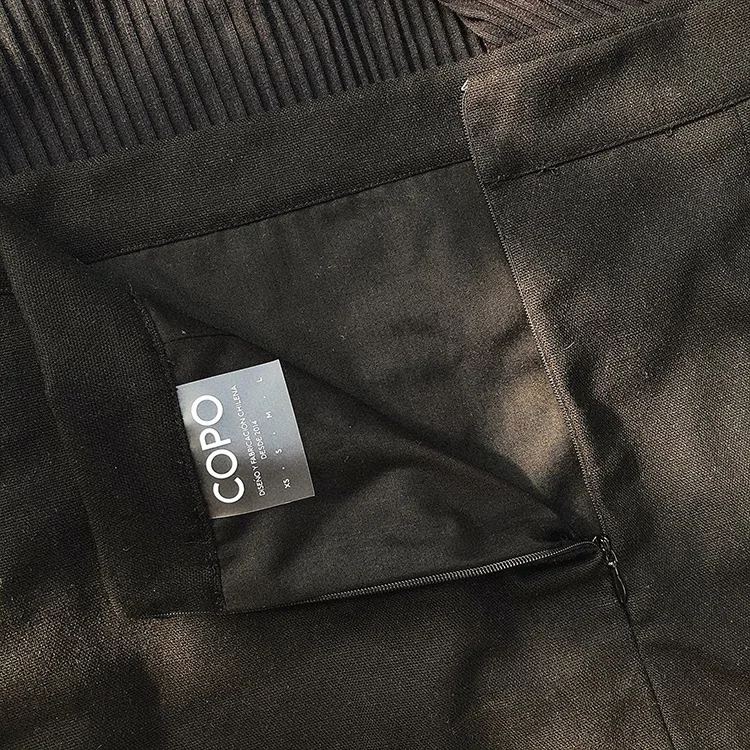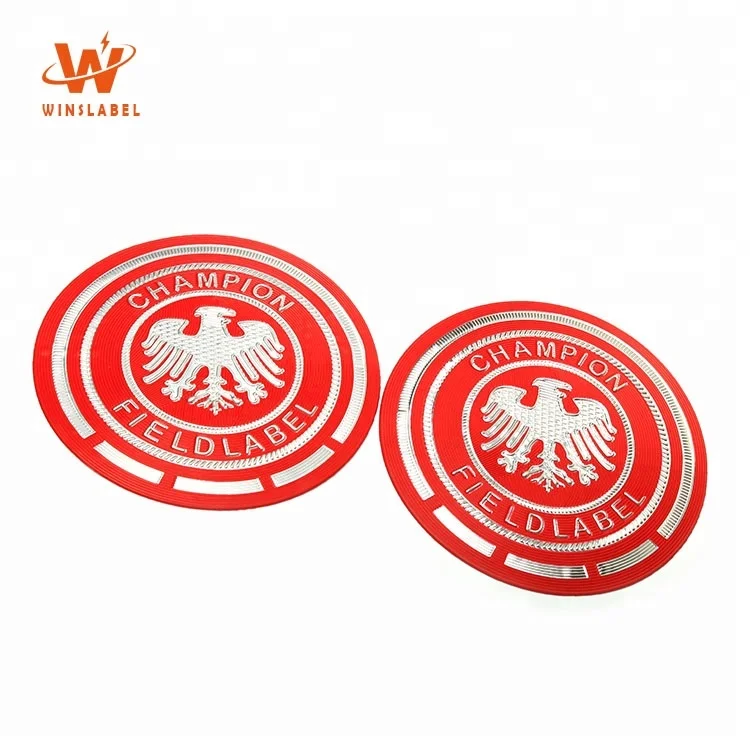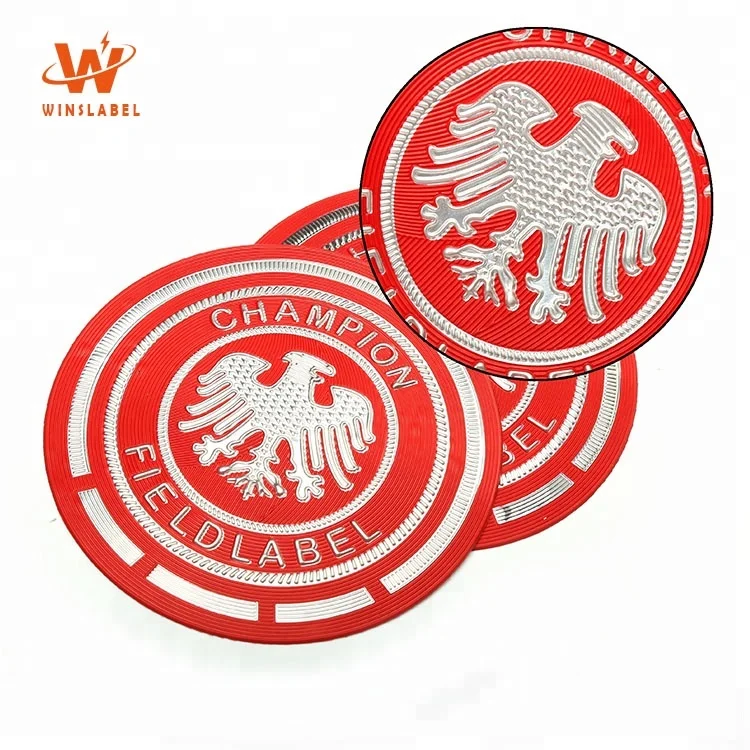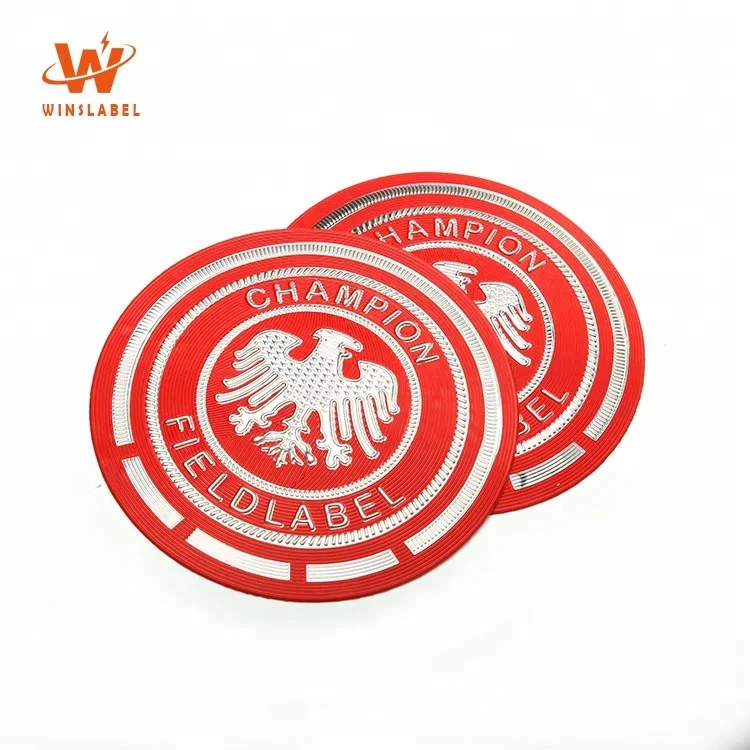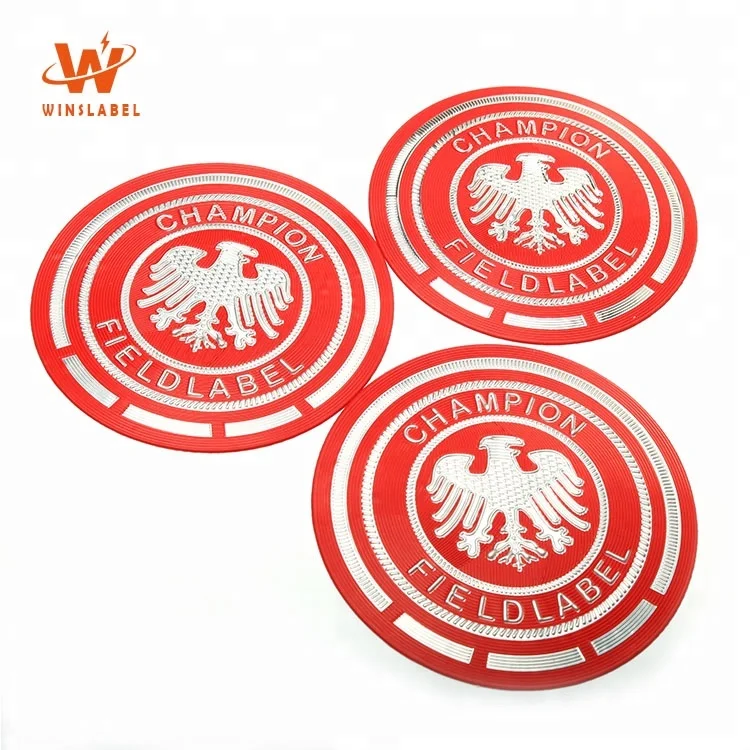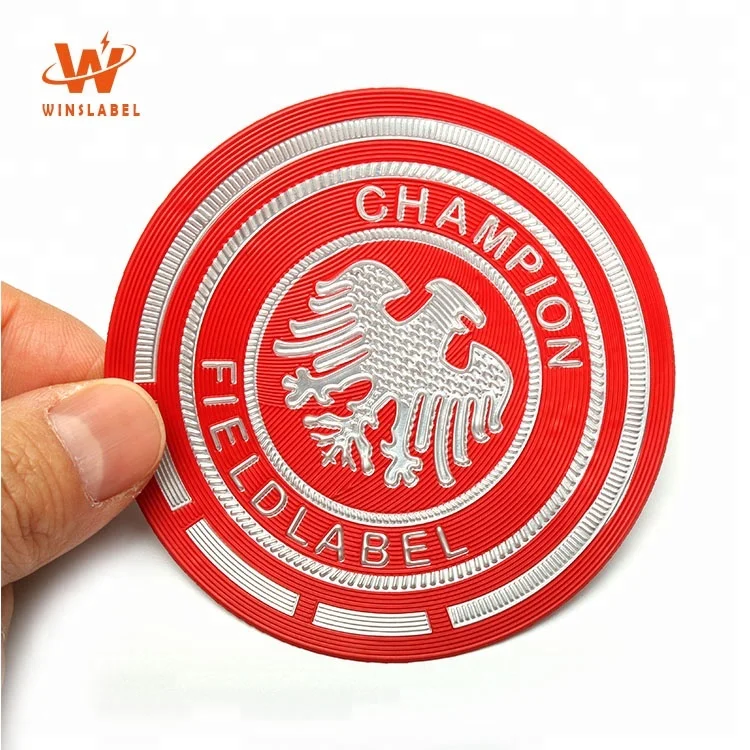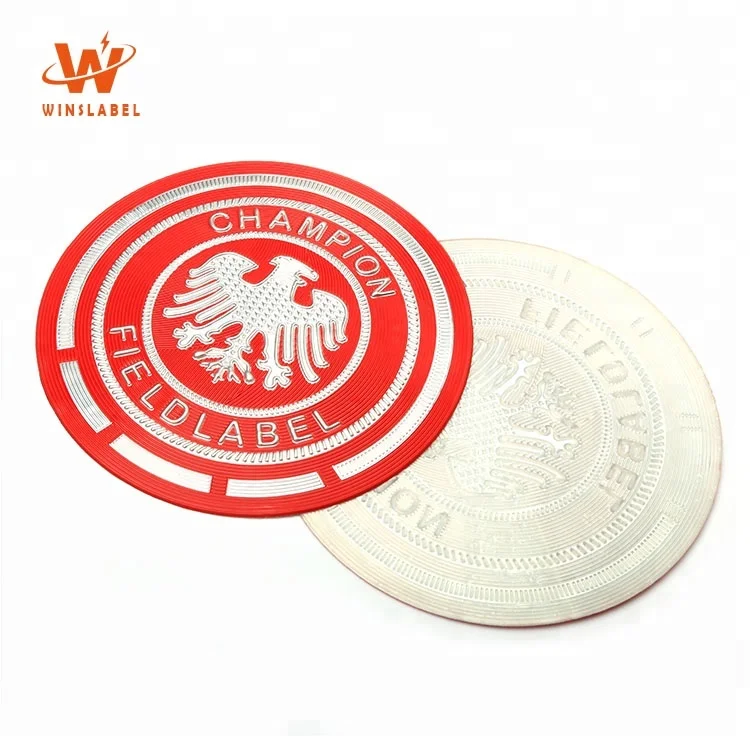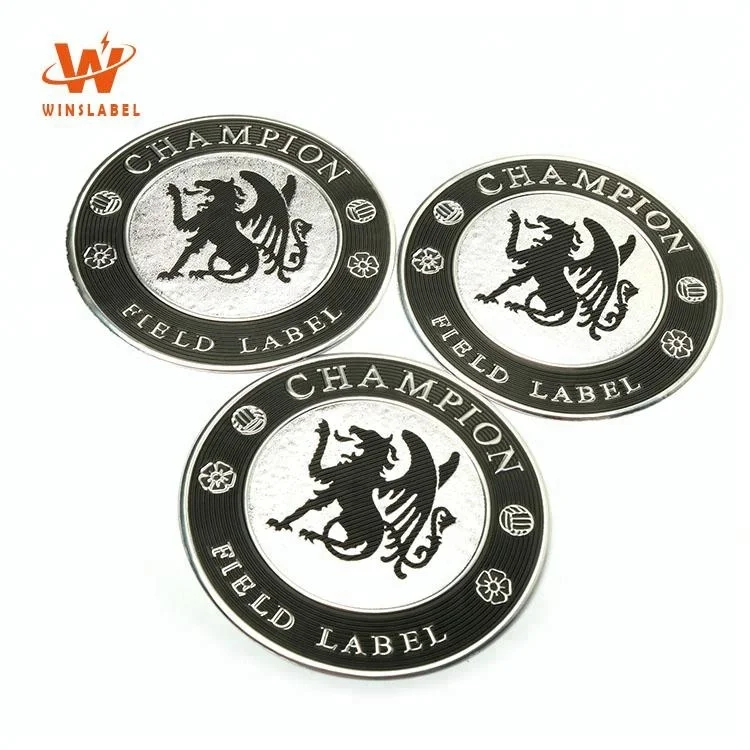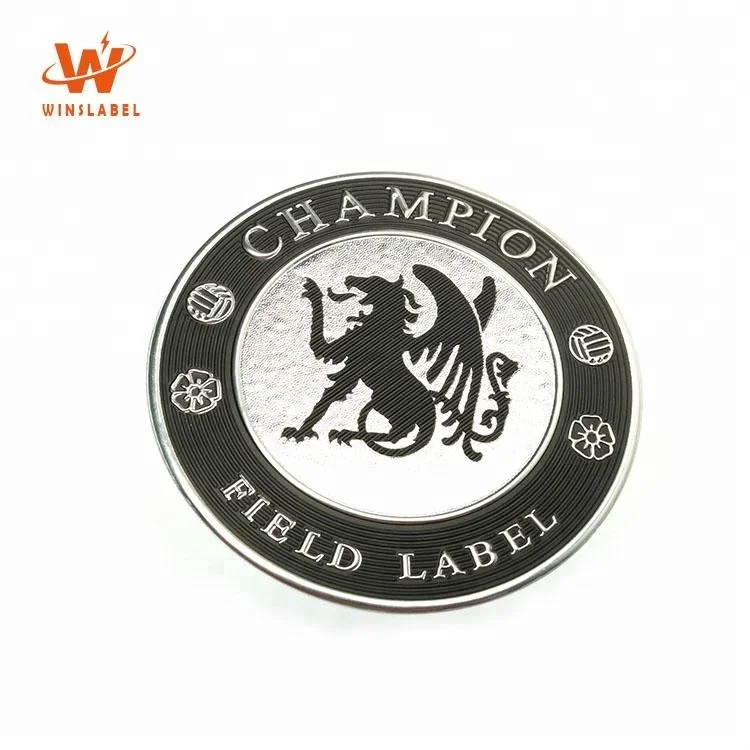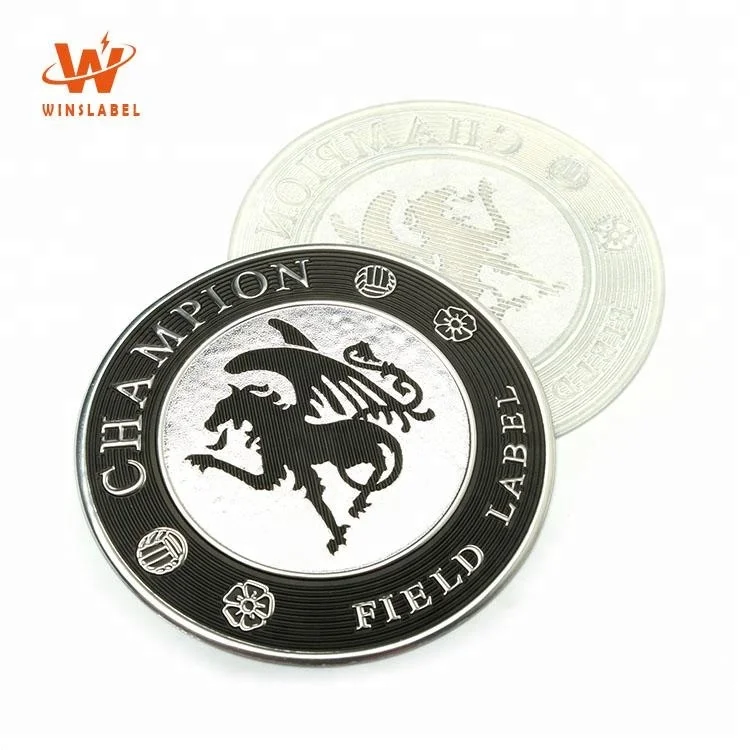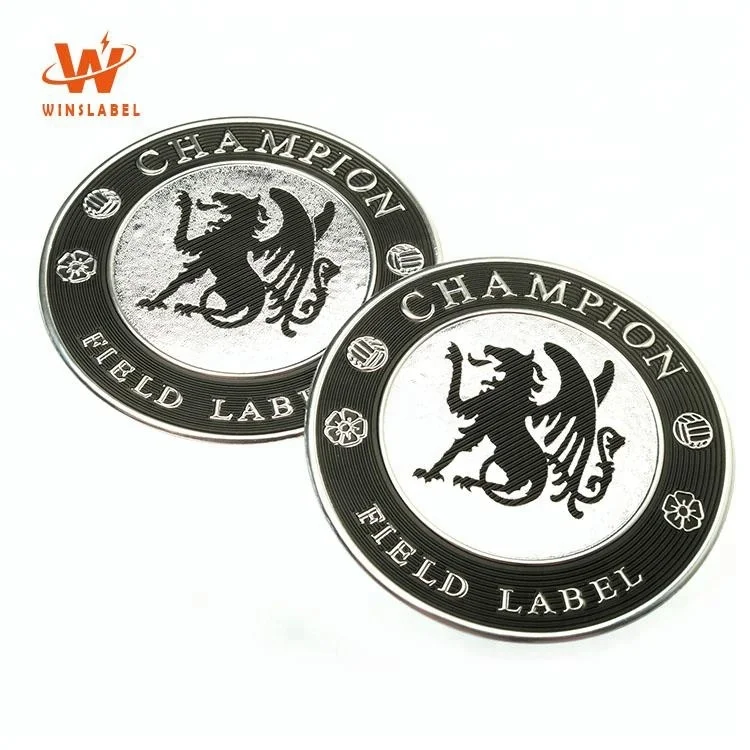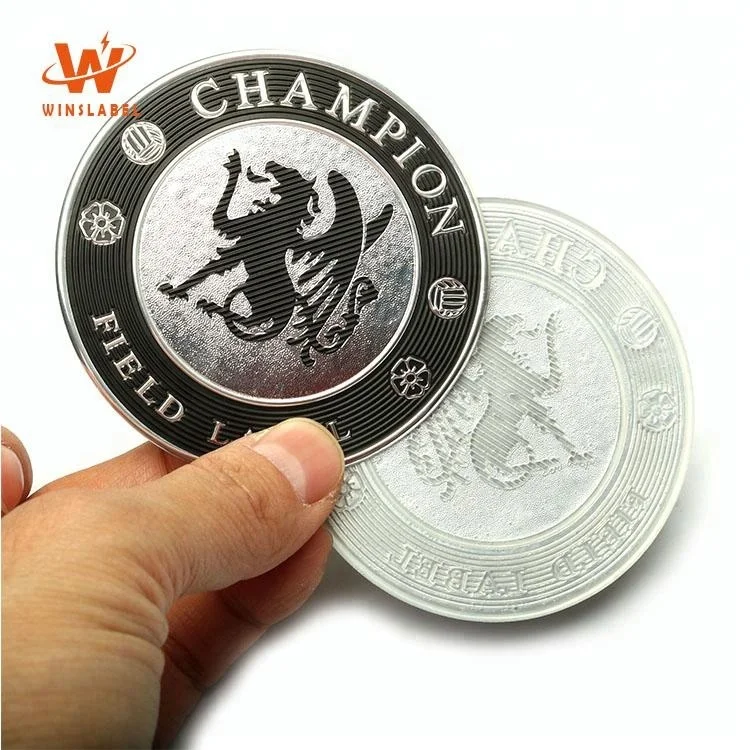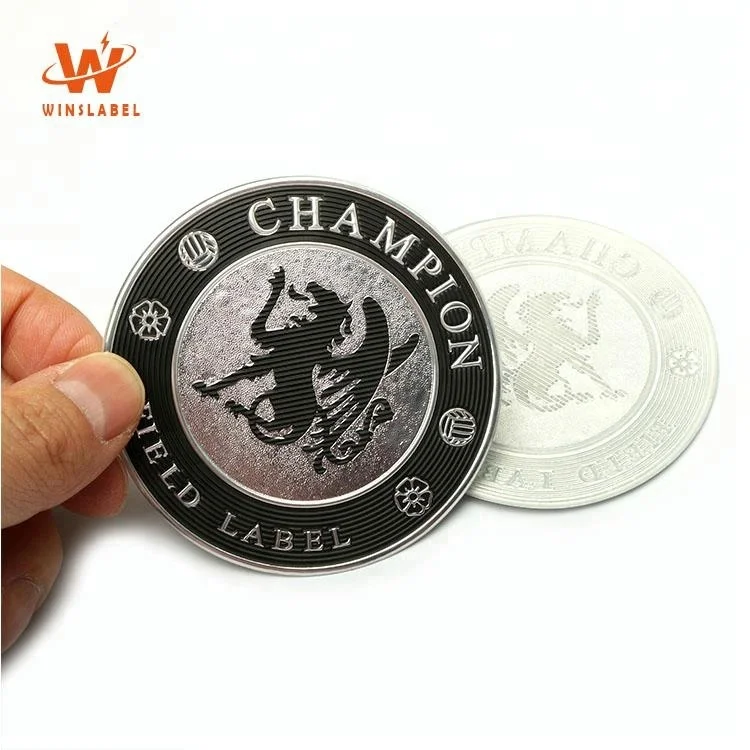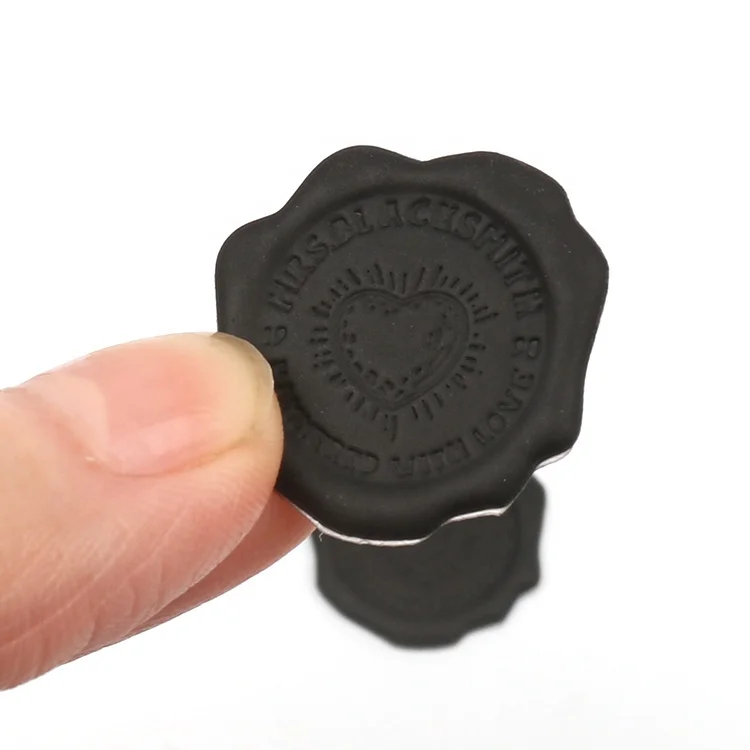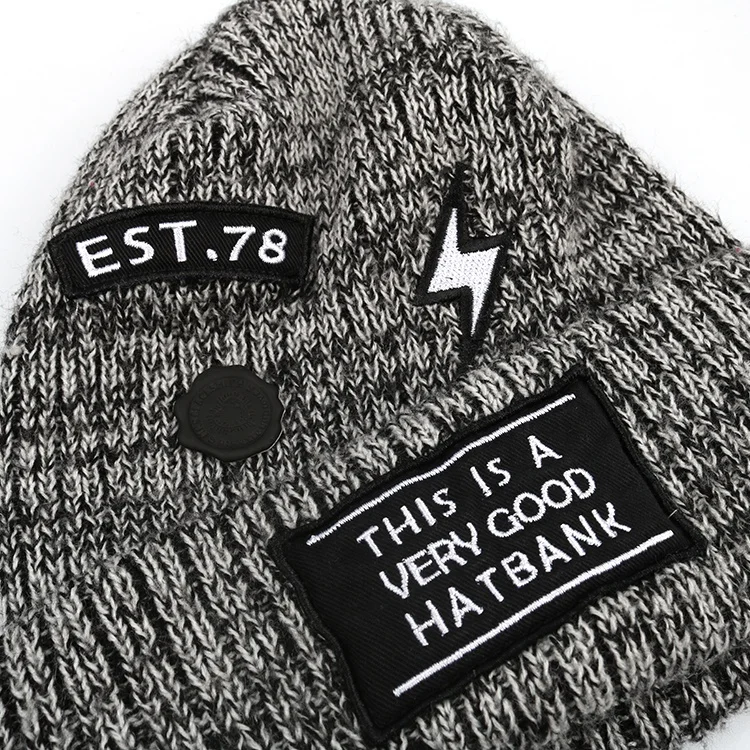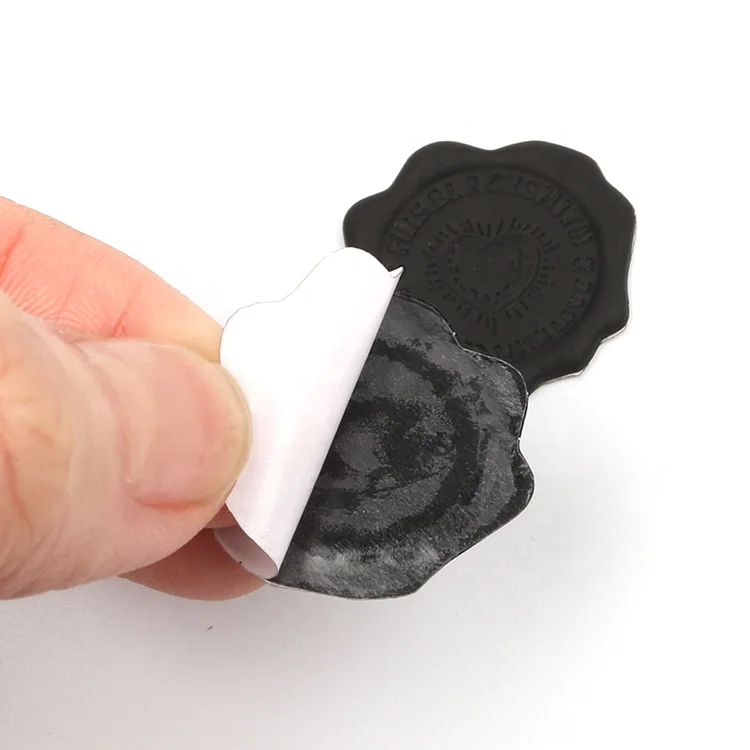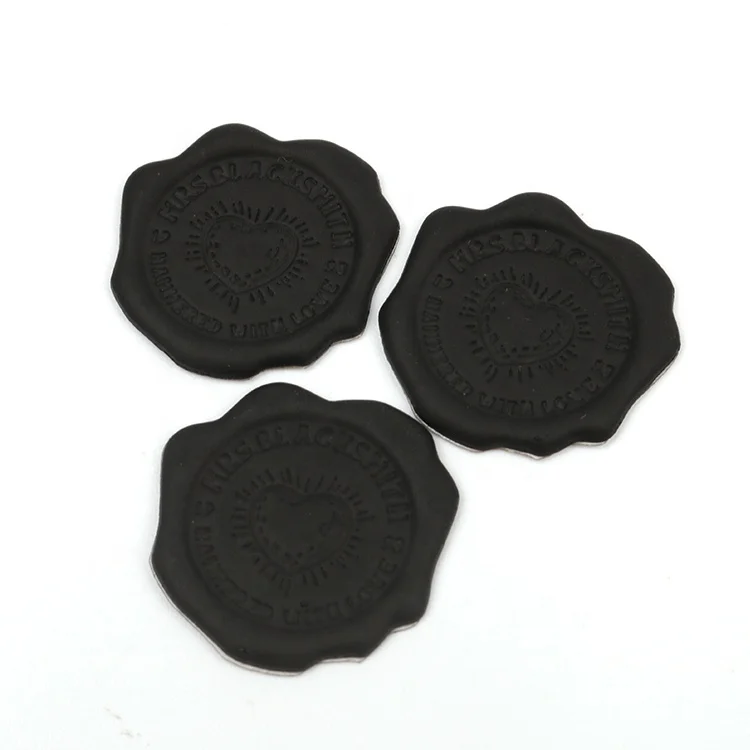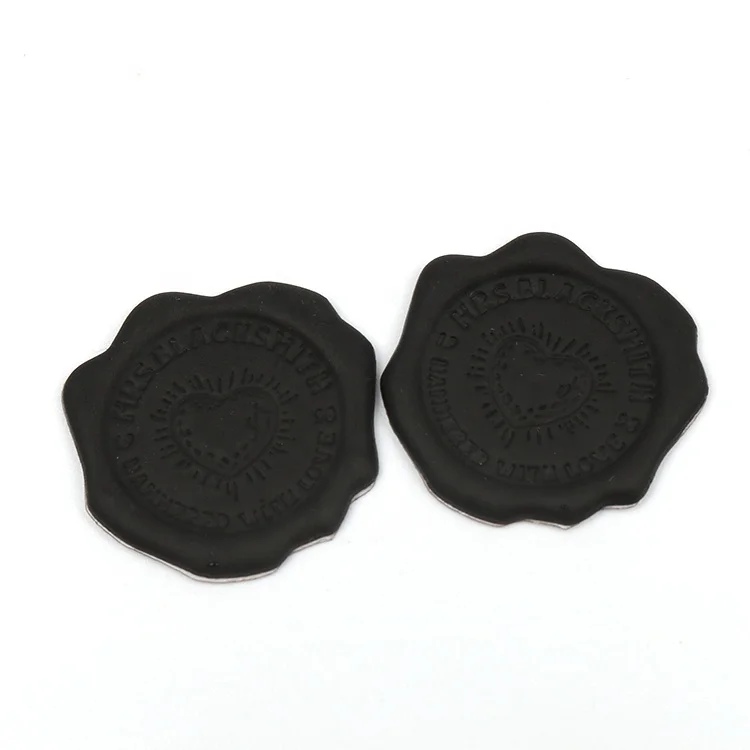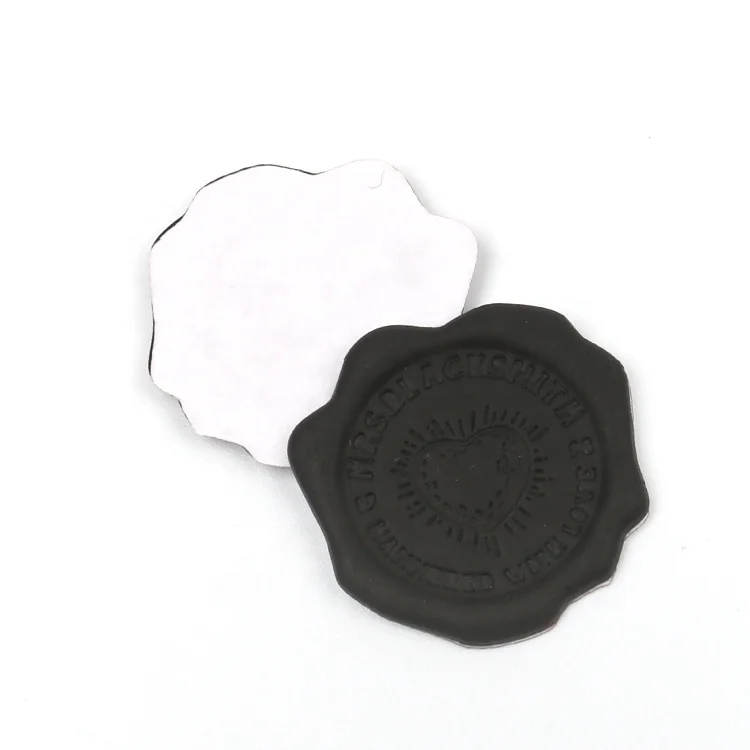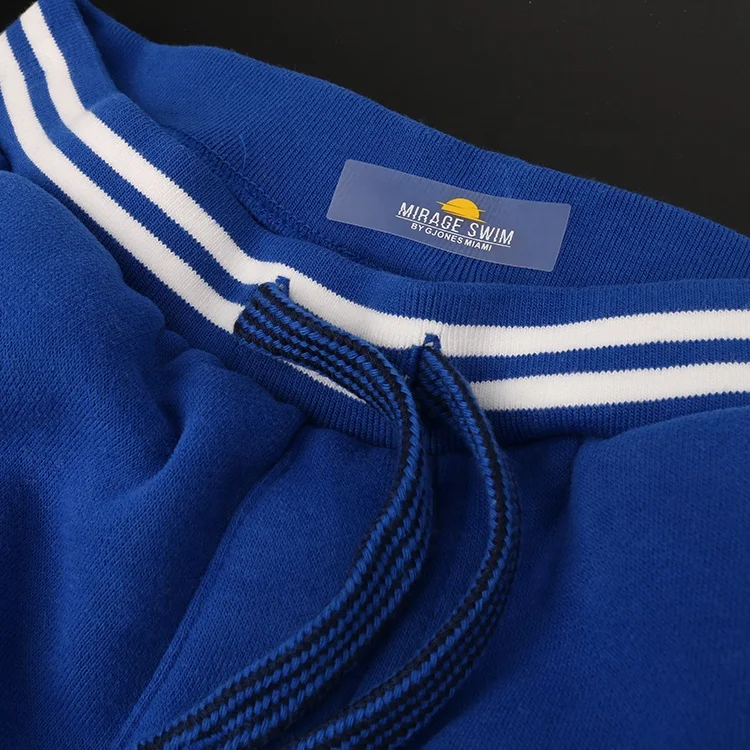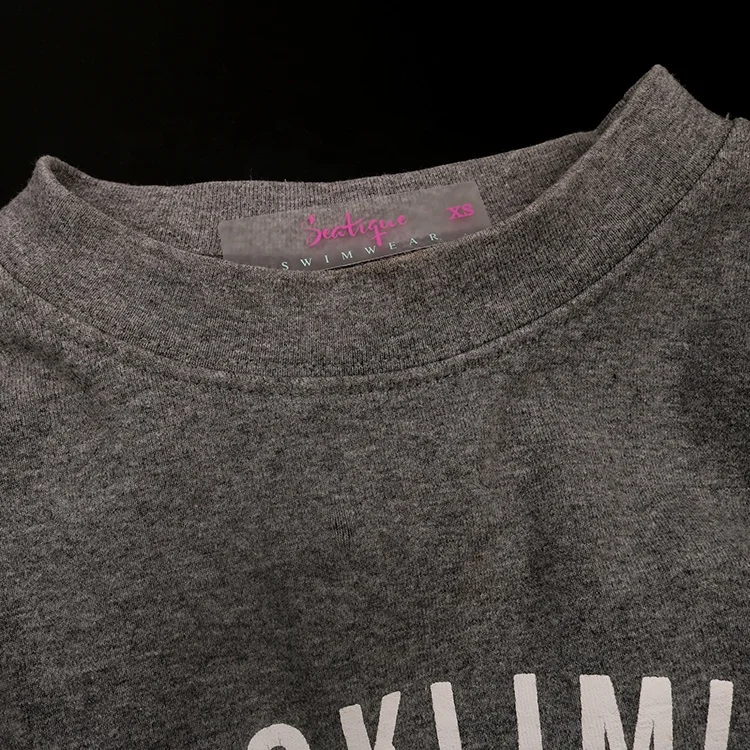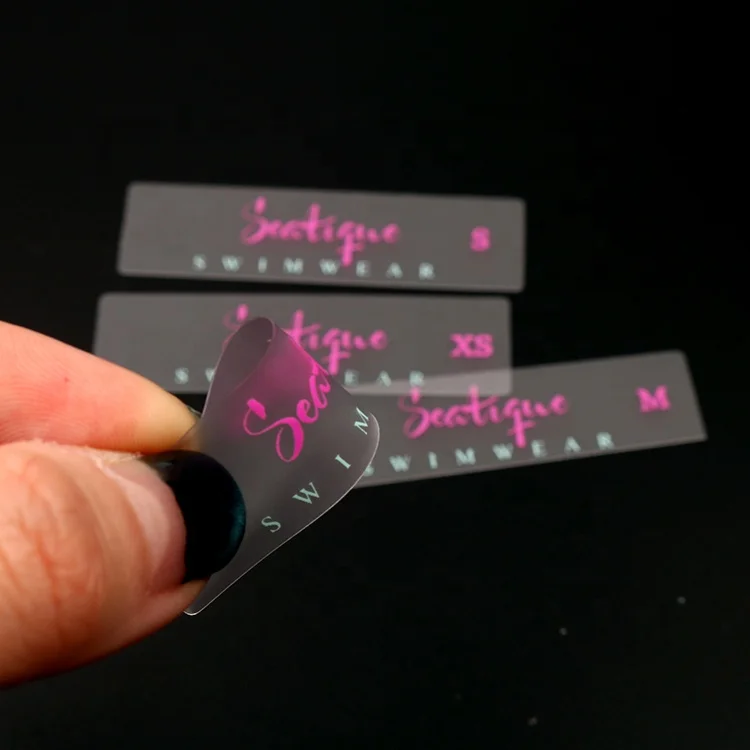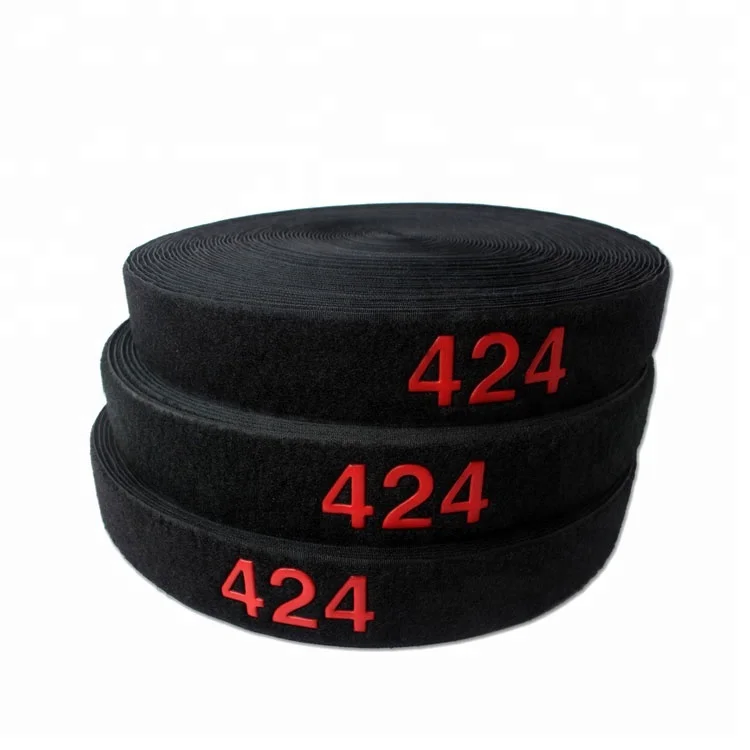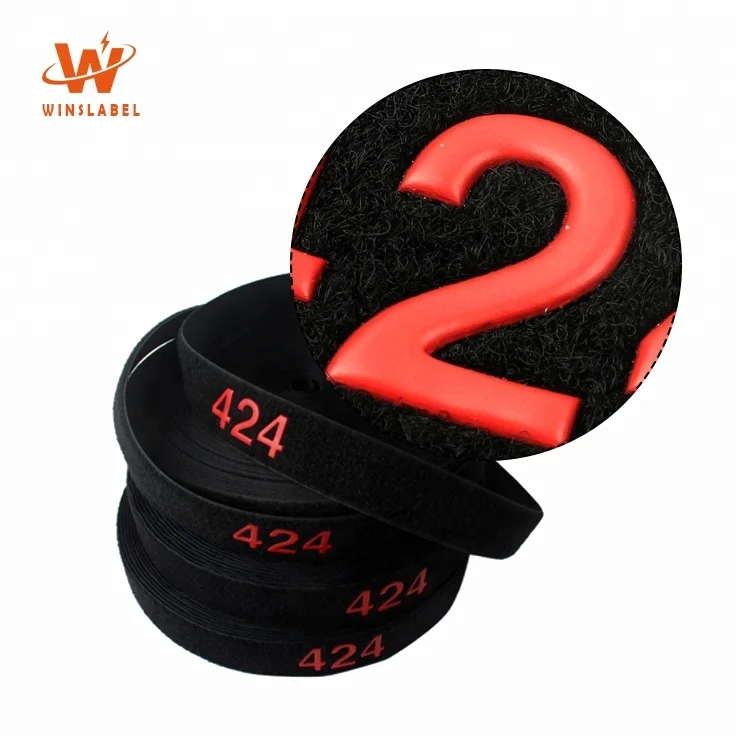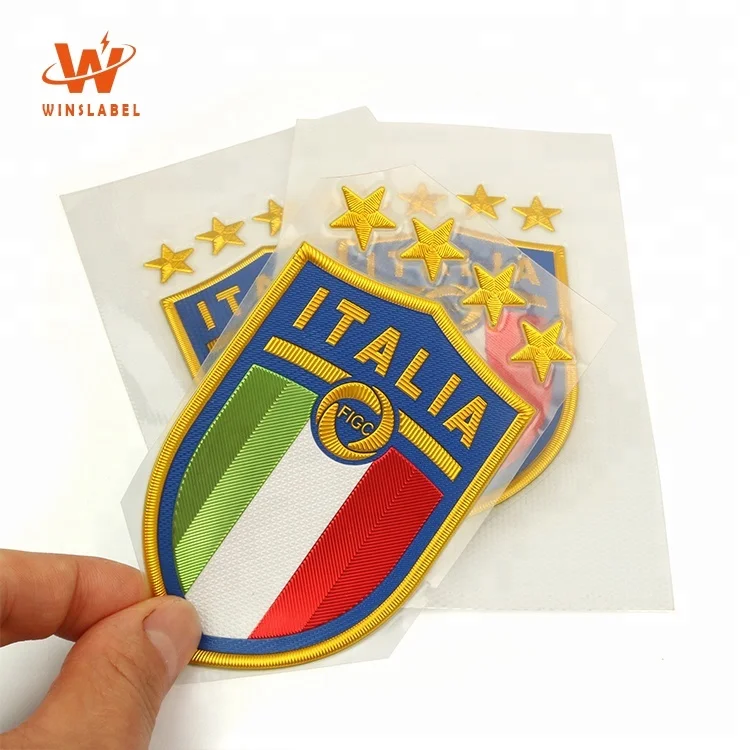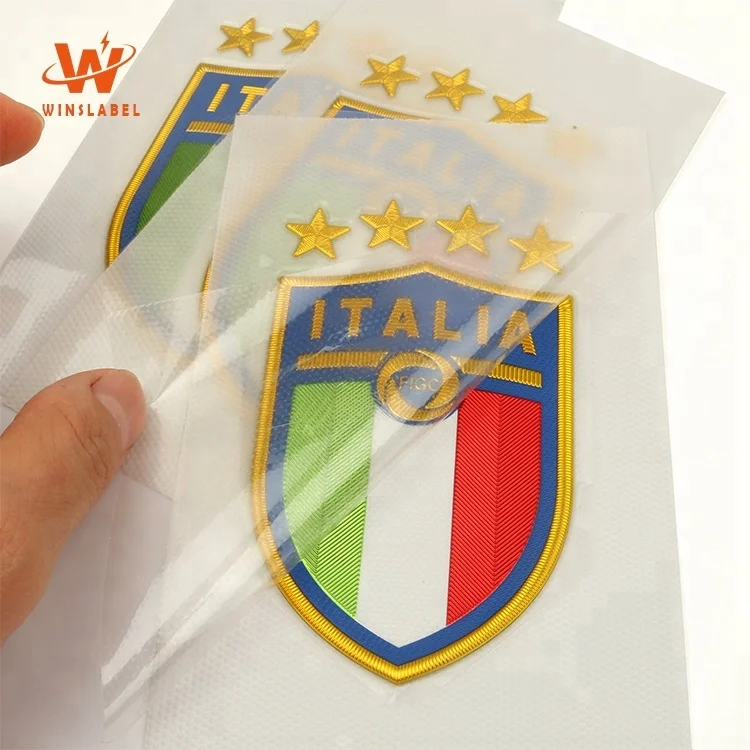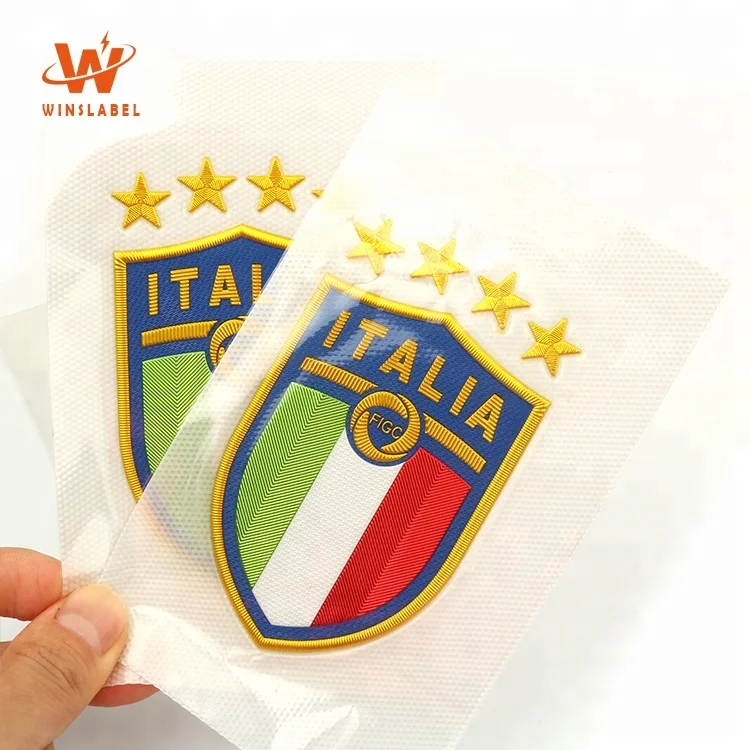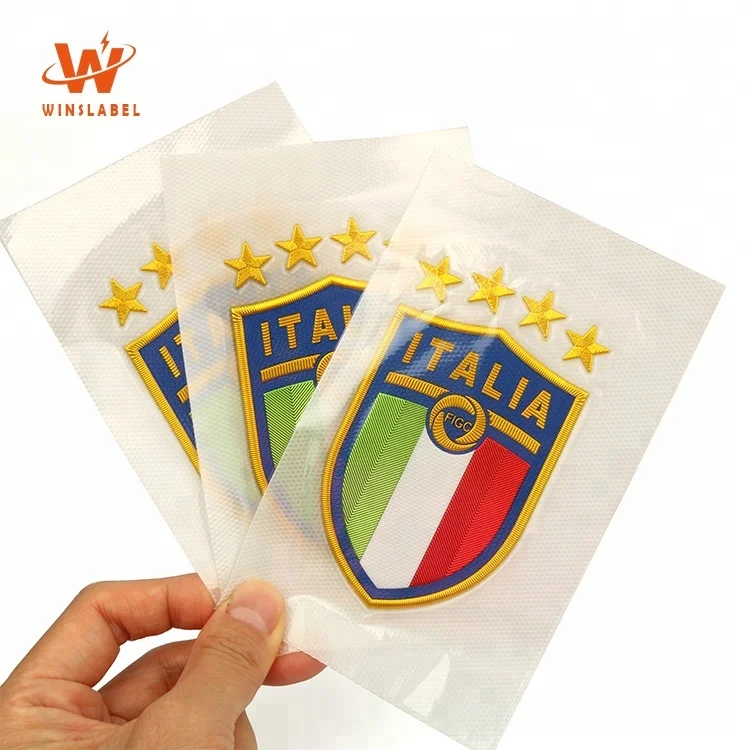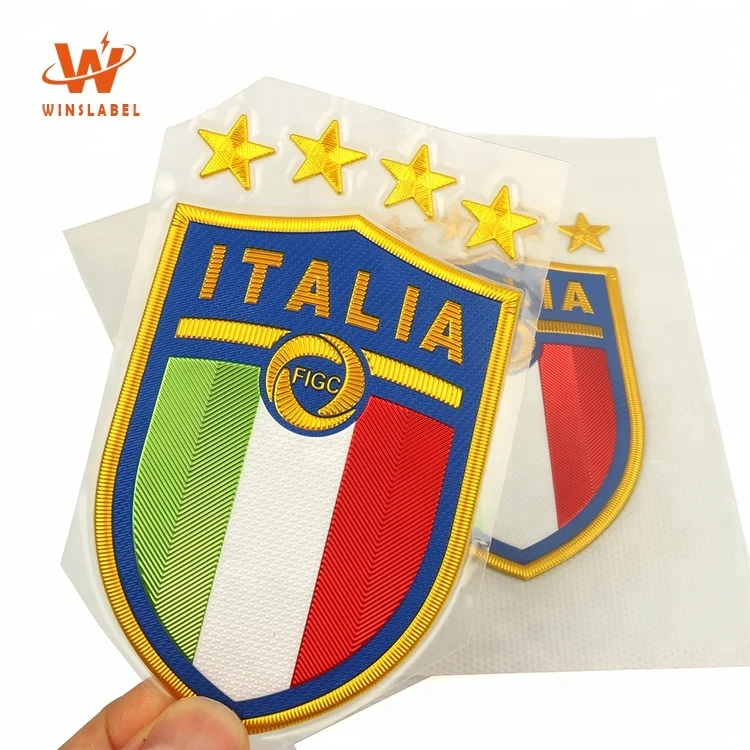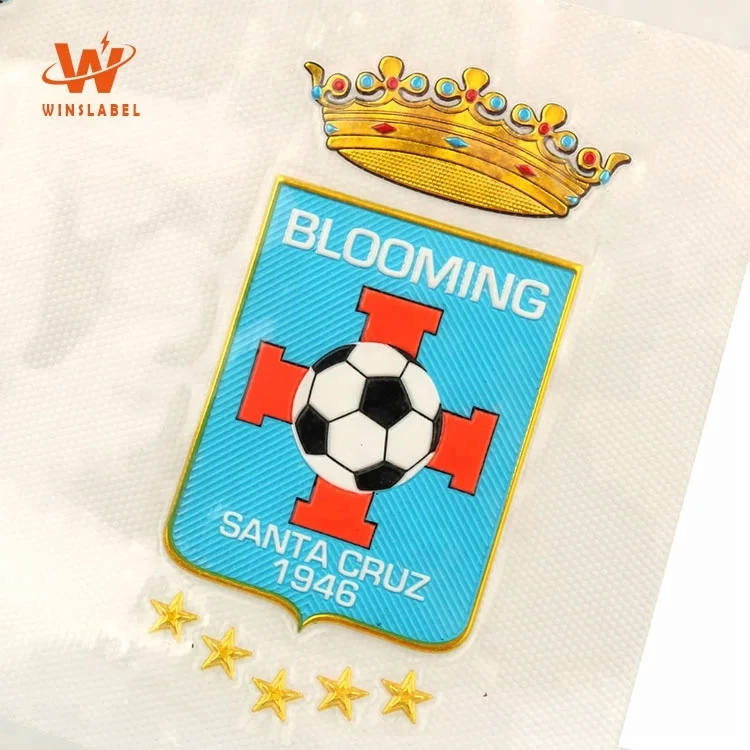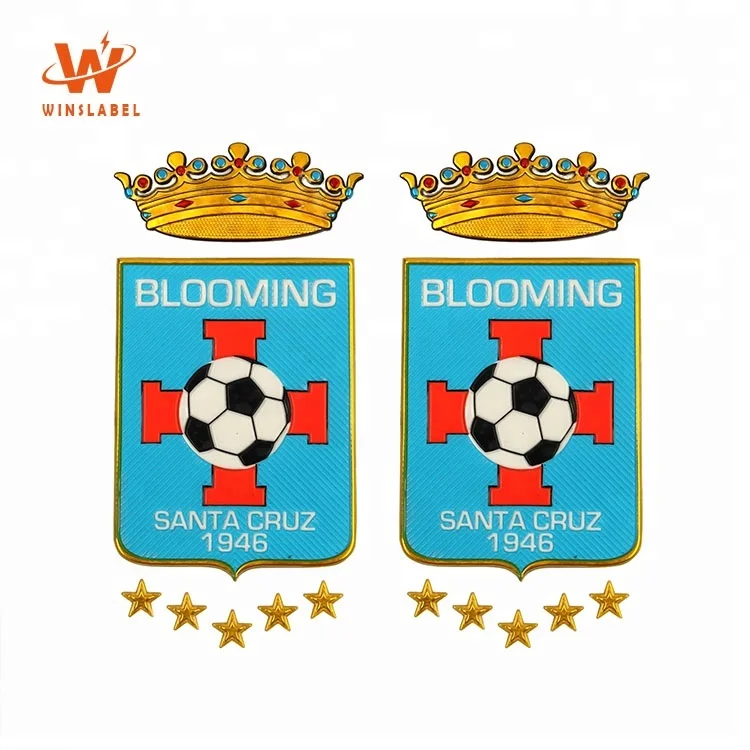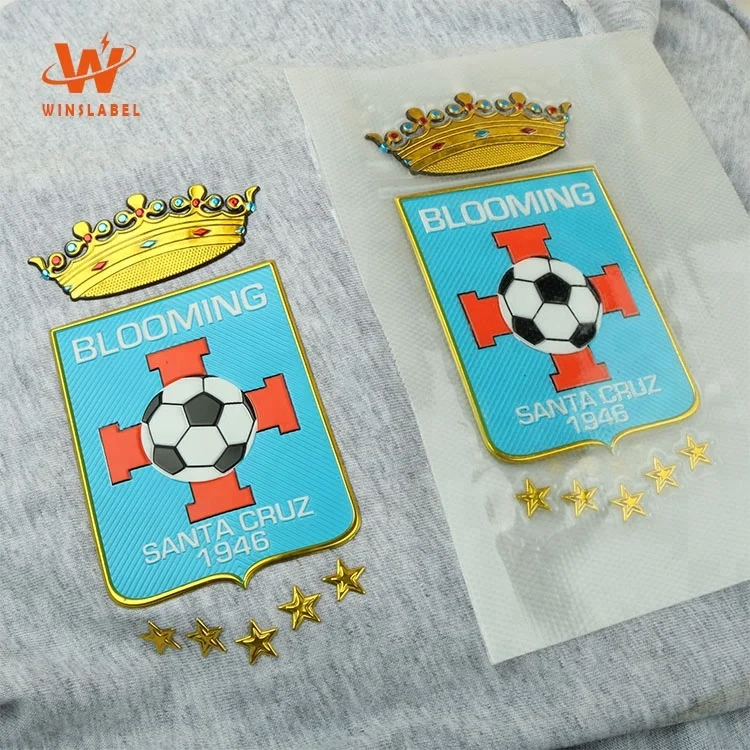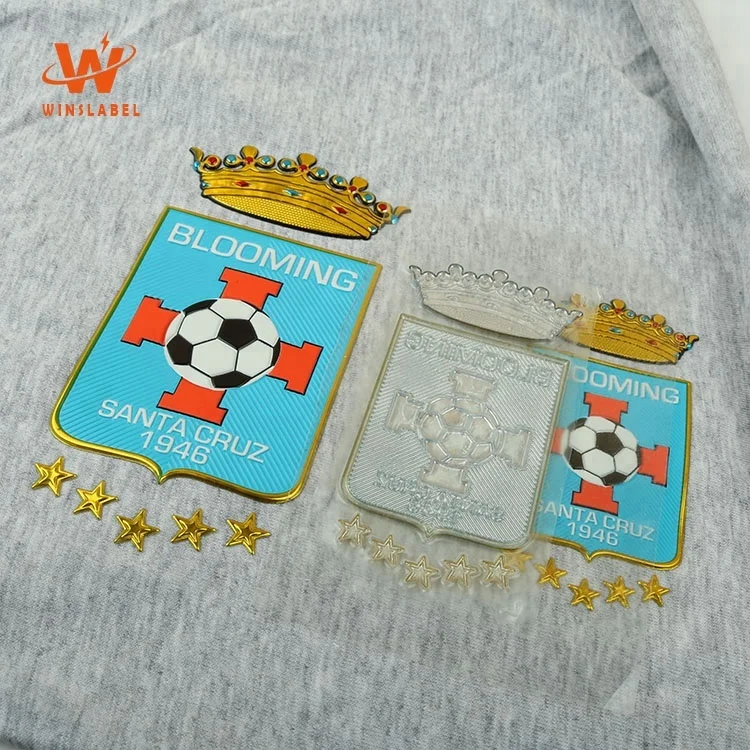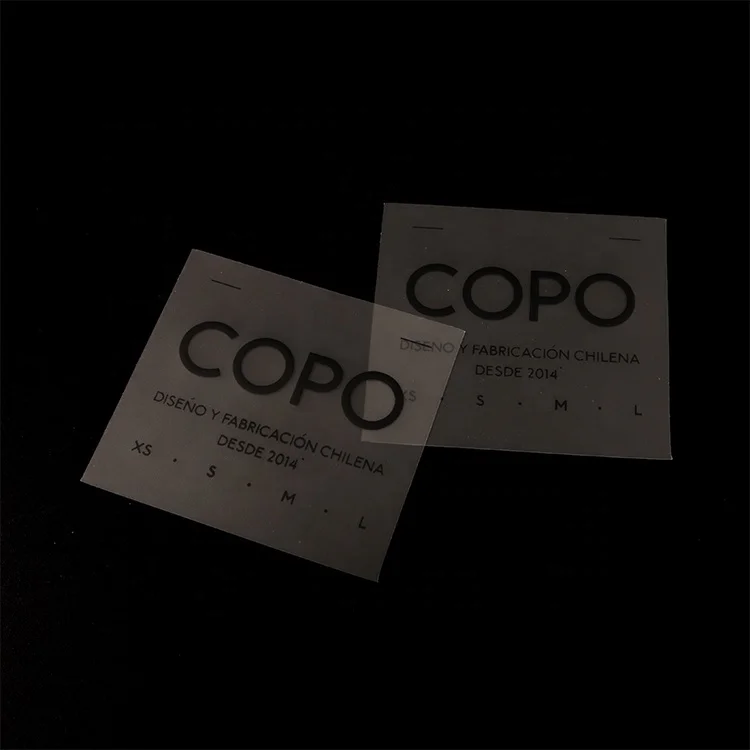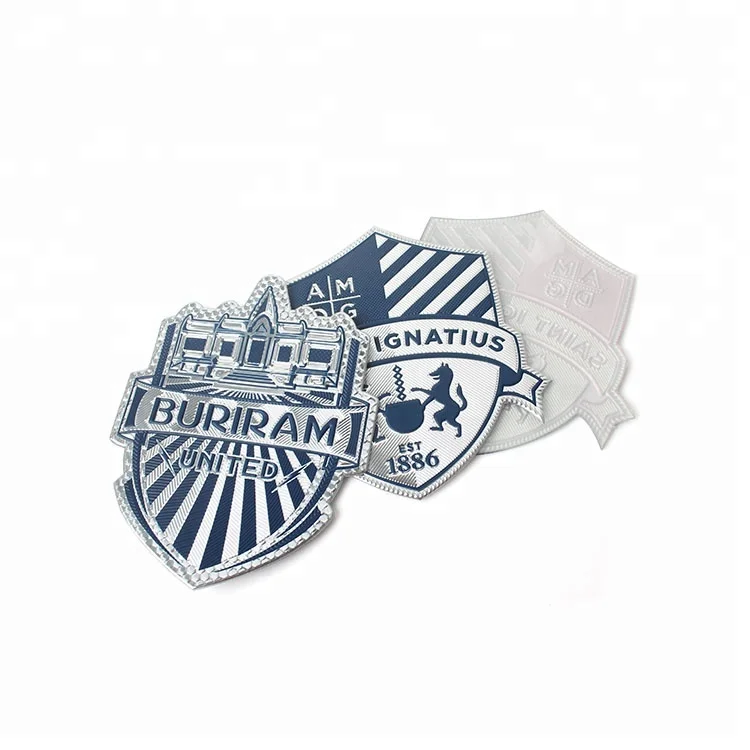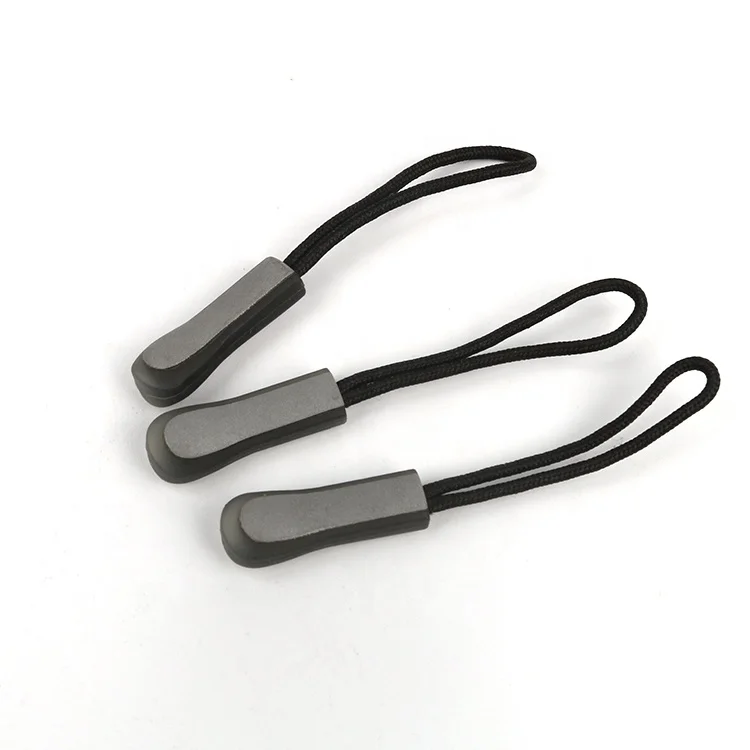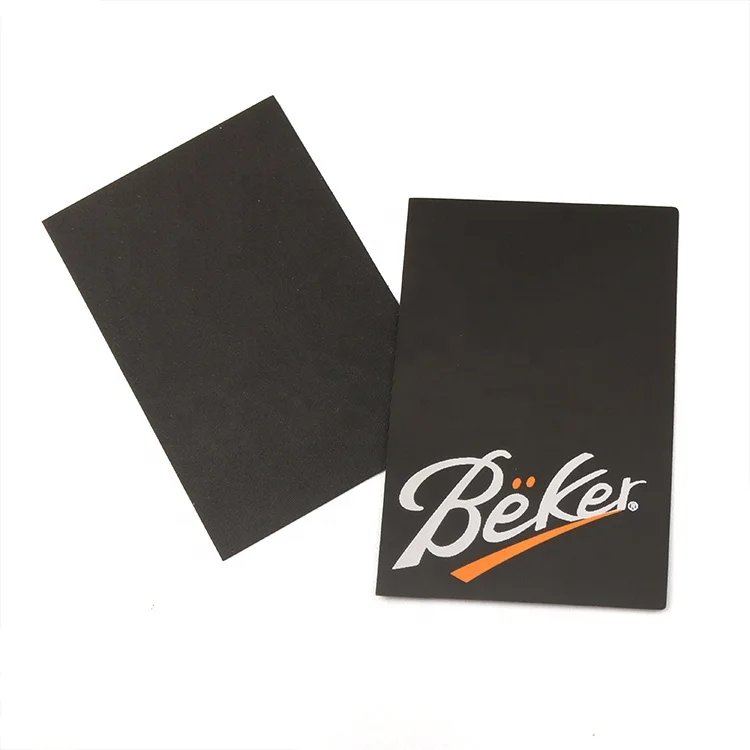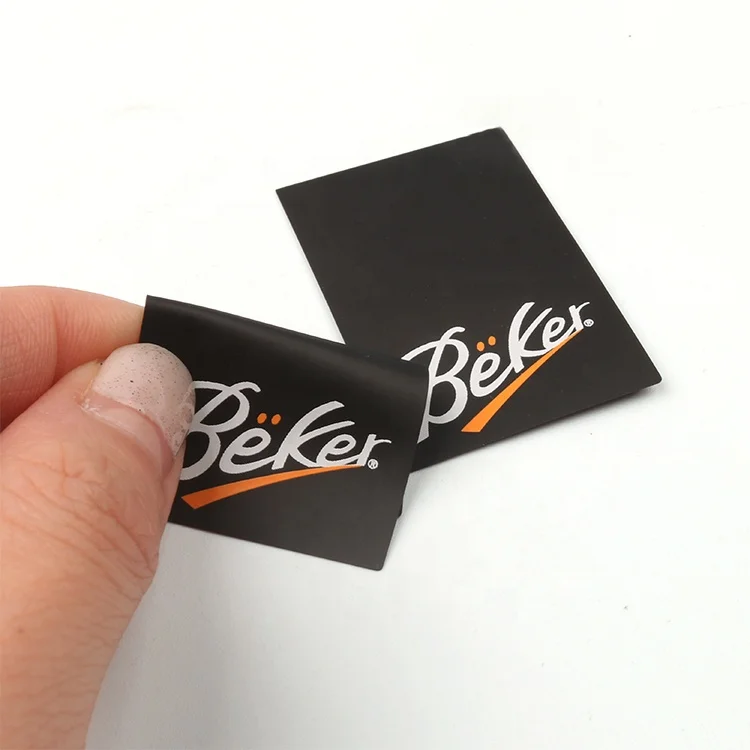TPU: The Ultimate Guide for Buyers in Rubber & Plastics Industry
Thermoplastic Polyurethane (TPU) has become a game-changer in the rubber and plastics industry, offering unique properties that bridge the gap between rubber and plastic. This guide will help you understand TPU's characteristics, applications, and how to source it effectively from global suppliers.
How to Find Reliable TPU from China in 2025
China remains the world's leading manufacturer of TPU materials. When sourcing:
- Verify supplier certifications (ISO 9001, REACH, RoHS)
- Request material test reports
- Check production capacity and lead times
- Ask for client references in your industry
- Consider trade assurance programs for payment protection
What Buyers Should Know Before Buying TPU from China
Key considerations include:
- Minimum order quantities (typically 500kg-1 ton)
- Shipping costs and logistics
- Customs clearance requirements
- Quality control processes
- After-sales support
Types of TPU
Main TPU varieties:
- Polyester-based: Excellent oil and chemical resistance
- Polyether-based: Superior hydrolysis resistance
- Polycaprolactone-based: Balanced properties
- Specialty grades: Flame-retardant, medical-grade, etc.
Functions and features of TPU
Key advantages:
- Shore hardness range: 60A-80D
- Tensile strength: 30-70 MPa
- Elongation at break: 300-700%
- Excellent abrasion resistance
- Good low-temperature flexibility
Scenarios of TPU
Common applications:
- Automotive parts (bushings, gaskets)
- Footwear (shoe soles, insoles)
- Industrial hoses and tubes
- Medical devices
- Consumer electronics cases
How to Choose TPU
Selection criteria:
- Determine required hardness
- Evaluate environmental exposure
- Consider processing method
- Check regulatory compliance needs
- Balance cost vs performance
TPU Q & A
Q: What's the difference between TPU and TPE?
A: TPU offers higher mechanical strength and better abrasion resistance than most TPEs.
Q: Can TPU be recycled?
A: Yes, TPU is thermoplastic and can be reprocessed, though properties may degrade after multiple cycles.
Q: What's the typical lead time for TPU orders from China?
A: Standard grades usually ship within 2-4 weeks; custom formulations may take 6-8 weeks.
Q: How does TPU perform in outdoor applications?
A> With proper UV stabilizers, TPU can withstand outdoor exposure for 5+ years without significant degradation.
Q: What's the price range for TPU?
A> As of 2024, prices range from $3.50-$8.00/kg depending on grade and quantity.















